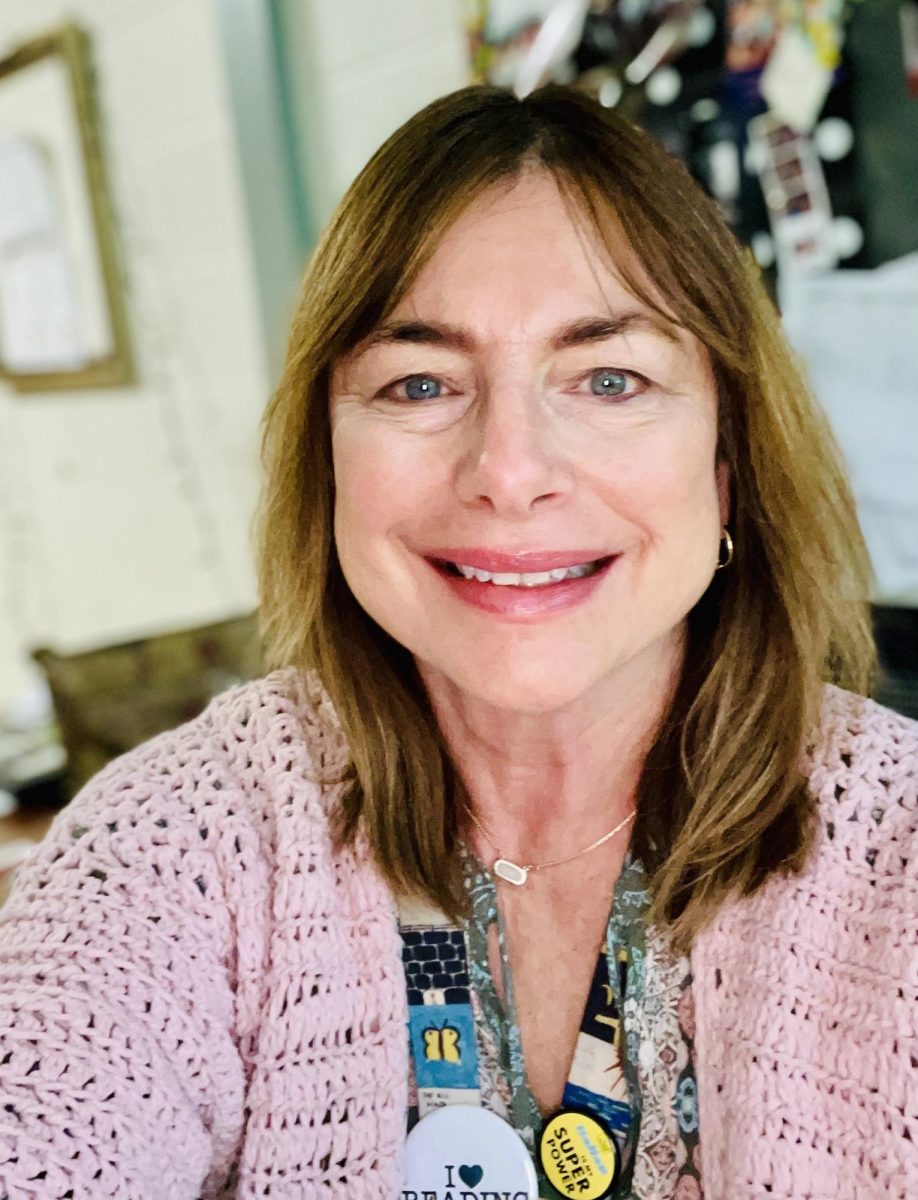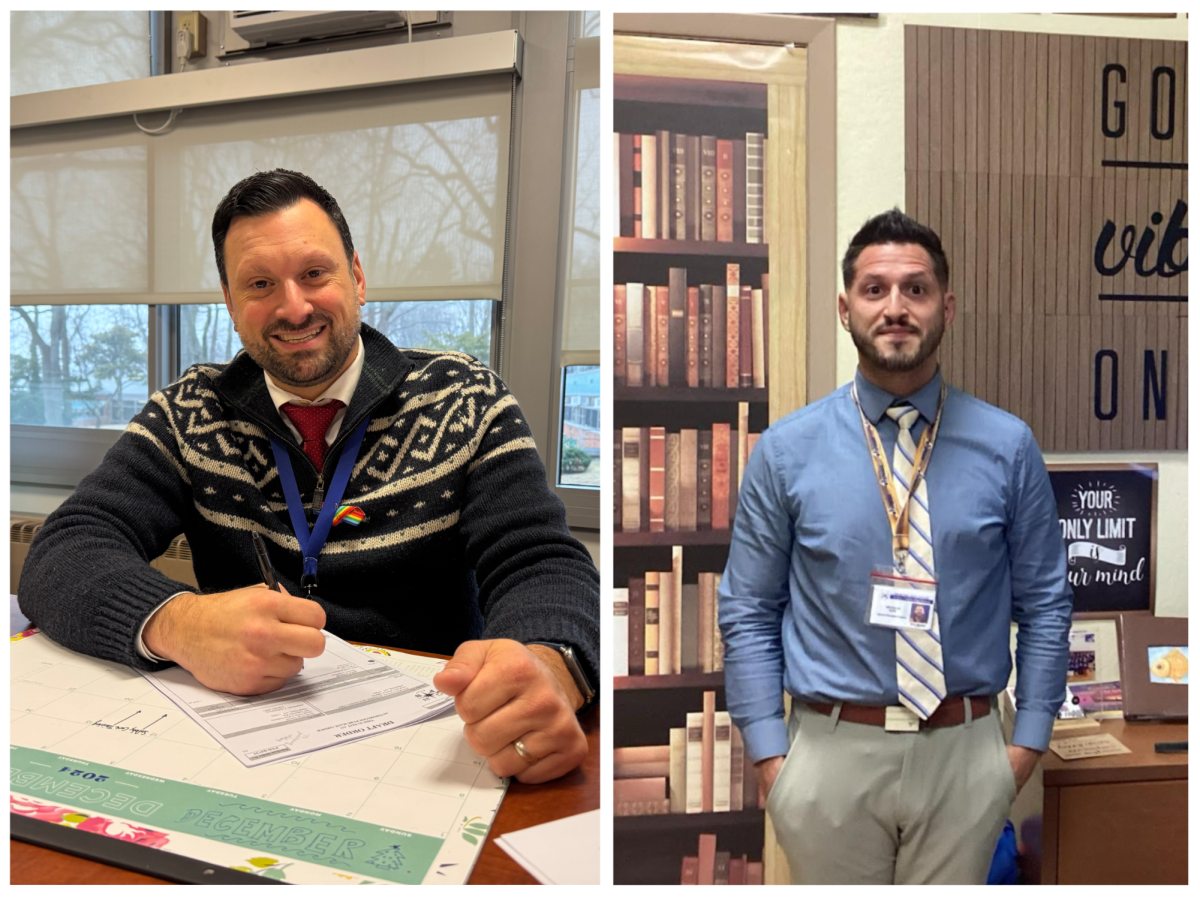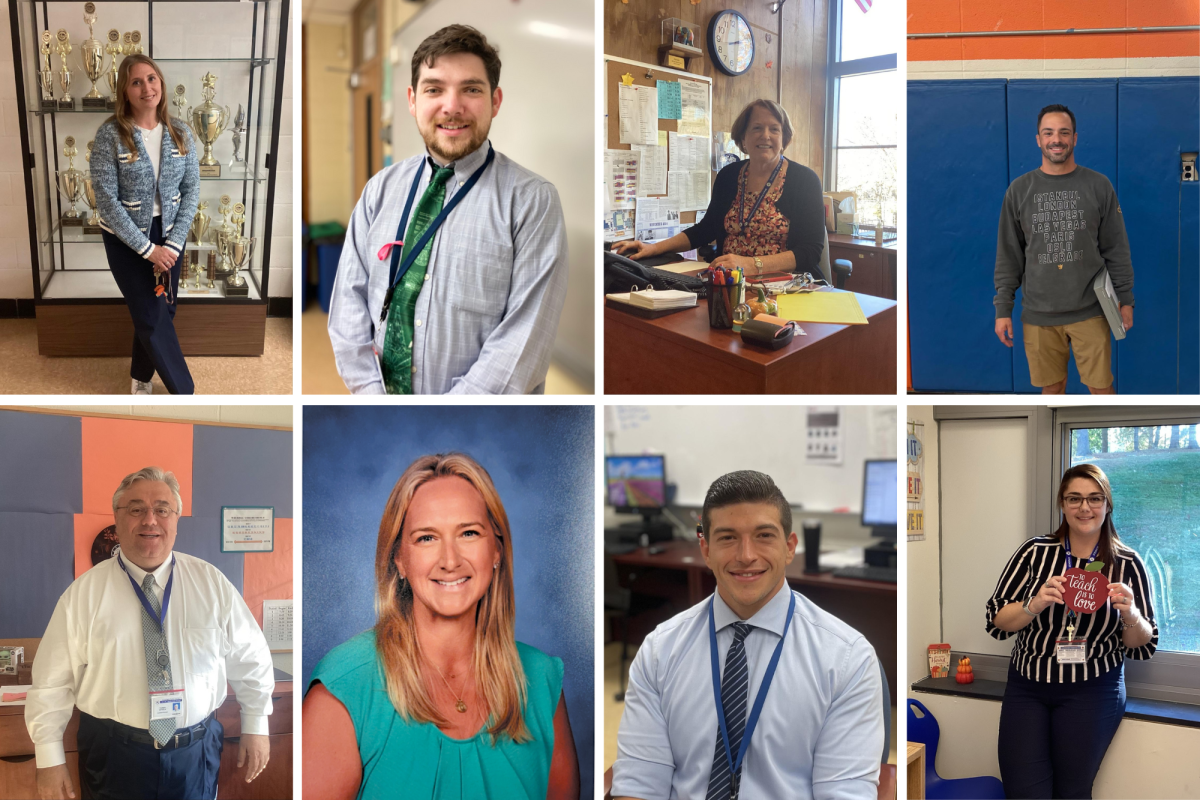
By Robin Shum
During the awards ceremony, all the Siemens finalists stood on a wide stage, anxiously awaiting their results. As the anticipation hung in the air, a moment of shared understanding passed between each student. “We had each other’s backs. We all recognized that no matter how the results turned out, we were all winners, and we were all fellow young scientists working together to change the world for the better,” said senior Jay Zussman, the fifth-place winner of the 2014 Siemens Competition in Math, Science, and Technology and recipient of $20,000.
From Dec. 5 through Dec. 8, Zussman competed as a Siemens finalist at George Washington University in Washington, D.C. According to South’s research teacher Dr. Carol Hersh, he is the first student from South ever to advance past the Siemens regional finals, held at Carnegie Mellon University, to the national finalist rounds.
Using yeast as a model organism, Zussman studied meiotic cell division, a process that creates sperm and egg cells for reproduction. In the yeast model, he discovered a failsafe mechanism, which allows for successful sperm and egg formation despite errors that may occur and accumulate during the cell division process. This regulatory mechanism helps to circumvent errors so that viable sex cells are formed even when certain processes malfunction. His research could potentially ameliorate human infertility and genetic disorders.
“Jay worked really hard on a project he was very enthusiastic about, so it was great to see this culminate in success,” said Dr. Hersh.
At the Siemens finals competition, Zussman competed against six other individual-project finalists, where they displayed their posters, made oral presentations, and answered questions before a panel of judges. The Siemens Competition is a competition in math, science, and technology that recognizes the research of high school students. To participate, students submit 18-page research papers detailing their projects. This year, 4,428 students submitted a total of 1,784 team and individual projects. Three hundred of them were chosen as semifinalists, and 60 of those projects then became regional finalists. In total, 12 projects—of six individuals and six teams—were displayed at the competition.
He devoted over 600 hours to his research, from researching in his lab at Stony Brook University, writing his research paper, and preparing for both his regional and national competitions.
“Participating in the finals was the most humbling experience I’ve ever had,” Zussman said. “I met so many inspiring students and professional researchers changing the world through research. I felt absolutely honored.”
For Zussman, research means more to him than winning awards and money—it’s a passion. “Science research has taught me how to overcome obstacles I once thought insurmountable,” he said. “But most importantly, it’s taught me how to deal with and understand failure. Failure has allowed me to persevere and put my absolute best into every opportunity I find.”
And again, his perseverance paid off. On Jan. 7, he was named a semifinalist of the Intel Science Talent Search (STS) and received a $1,000 award. As a semifinalist, he could potentially be chosen as a finalist and be flown on an all-expenses-paid trip to Washington, D.C. with a chance of winning $1 million in March.
“Jay is highly self-motivated, enjoys being challenged, and has incredible work ethic, but most importantly he is passionate about science,” said Dr. James Truglio. “Passion is the key to success.”
Research had always been a major interest of Zussman’s, primarily the field of biochemistry. He has been fascinated by the way tiny molecules interact to give rise to life, and this passion motivated him to pursue biochemistry research at Stony Brook University. He worked there for two summers, trying to find a way to match up his interests with a research project. However, his success wasn’t immediate. In fact, his first experience was not a good fit— though he enjoyed his general topic of study, the specific project he worked on did not further his knowledge of what he wanted to know. “The hardest part was doing all that work without learning more about my specific scientific interests,” he said.
But he came back from that summer more determined to have a good experience in the lab during the school year. “It helped me remember why I loved science—because I’m excited to learn new things about the natural world,” he said. Remembering his passion for science rejuvenated his enthusiasm and set him back on a path for success.
Dr. Truglio also acknowledges that aside from the prestige and awards involved with winning, science research is a learning experience and opportunity. “[Science research] is invaluable to one’s future decision making. The most valuable piece of competing in the Siemens competition is not necessarily winning, but instead meeting people along the path, people like yourself who are also passionate about doing science. Our greatest trick as human beings is our ability to cooperate, and when you find yourself around other highly motivated, intelligent and passionate individuals, amazing things can happen.”
The most memorable part of the competition for Jay? “When we were all standing together on this big stage on stage,” he said. “Standing among people who share a love for science.”
Categories:
Zussman Sees Success As Research Competition Finalist
March 4, 2015
0
Tags:
More to Discover






